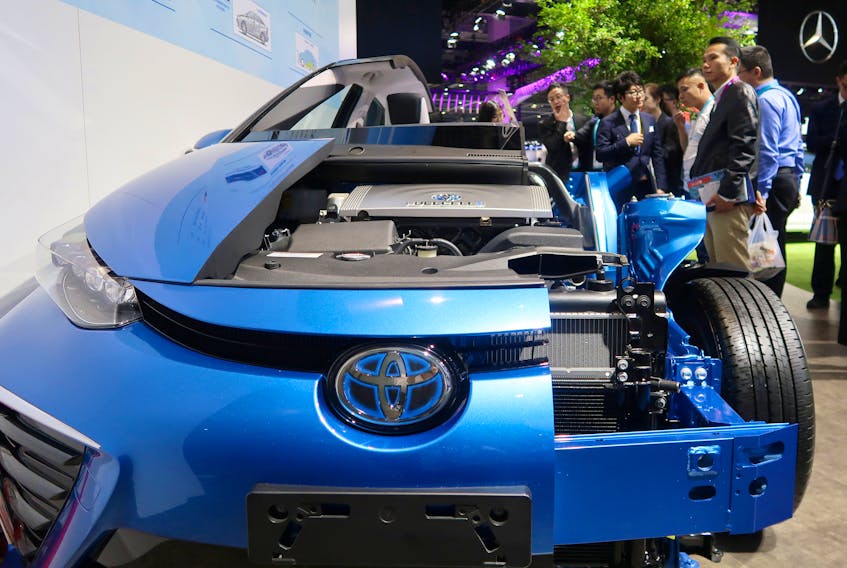The world is looking at energy sources that can replace fossil fuel to meet emission targets and reduce climate change. Clean hydrogen is one of the most attractive new energy sources and the race is on to develop this technology. Hydrogen is the most abundant element in the universe.
Clean or green hydrogen is being produced from water through electrolysis. Electricity is used to split the water molecules into hydrogen and oxygen. If the electricity comes from wind, solar, nuclear or hydroelectric power, the hydrogen is clean in the sense that it does not produce greenhouse gas emissions. Water is the only byproduct.
So, what can hydrogen be used for? Fuel for transportation as well as production of steel, fertilizer and cement, heating houses and energy storage have been suggested. There are hydrogen-driven cars, trains and buses already in operation and the first hydrogen ferries are under construction.
Green hydrogen is still expensive compared to other energy sources. Up to 85 per cent of the cost is associated with the price of electricity. But ongoing technology development means that more hydrogen per kilowatt hour will be produced and the energy source will become more competitive. Numerous countries are taking steps to develop this energy source. Billions of dollars are to be spent for this purpose. European Union regulations are supposed to be a driving force. Canada is committed to reduce its CO2 emissions. The federal government has released a statement saying they are looking for opportunities for clean hydrogen production. It is believed that budgetary commitments comparable to European countries will be made. That means in the order of ten billion dollars. That will create business opportunities.
There are hydrogen-driven cars, trains and buses already in operation and the first hydrogen ferries are under construction.
Newfoundland and Labrador is one of the provinces that has a competitive advantage due to a surplus of renewable energy. Several questions could be asked: can we take on a role of developing green hydrogen as a response to federal government requirements? Can this direct some of the anticipated federal financing to this province and create much needed jobs? Can hydrogen be a way of making electricity from Muskrat Falls a better project for the province? Will it create political justification for the federal government to give the province a much-needed financial support covering some of the Muskrat Falls expenses? Can green hydrogen be an incentive for developing onshore and/or offshore wind farms in our province?
Political initiatives and active dialogue with the federal government would probably be needed to answer these questions. The first steps in a possible development process could be building pilot projects. The experience gained from such activities could put the province in the forefront as a clean energy provider in North America when fossil fuel eventually is phased out.
We have renewable energy. Do we want to take advantage of it and participate in the green hydrogen development? The future starts today. The race is on and the clock is ticking.
Tor Naess
St. John’s









